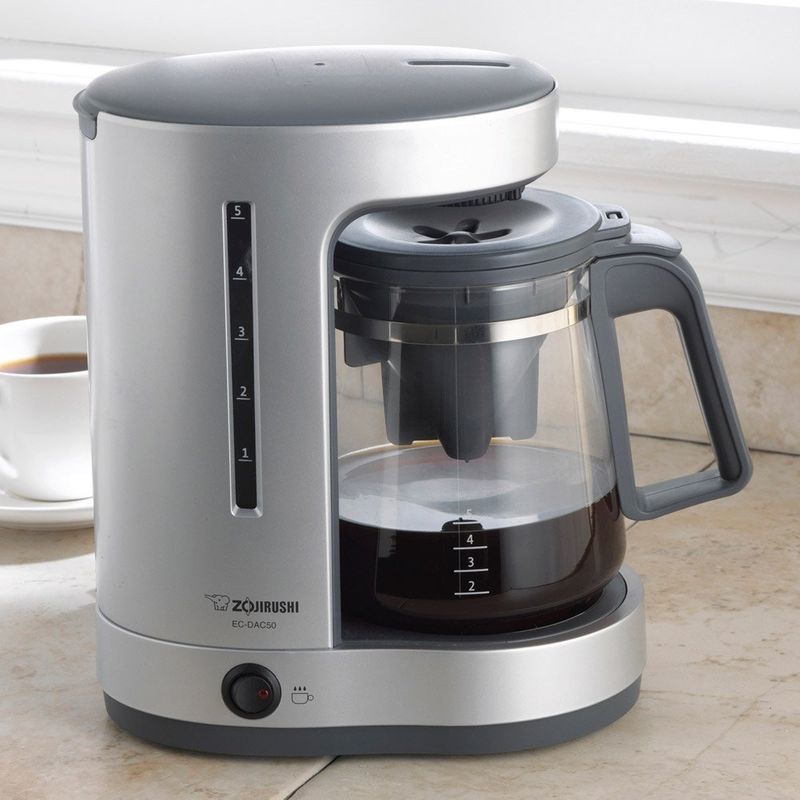14 Best Drip Coffee Makers for Your Kitchen 2018
"Nestlé
has lost in pretty much every one of those conflicts." In France -
Nespresso's biggest market which made a fourth of its worldwide deals at the
time - the antitrust guard dog Autorité de la simultaneousness expressed that
"it gives the idea that Nespresso may have mishandled its predominant
position by tying the buy of its cases to that of its espresso machines, with
no reasonable defense, accepted expelling rival container makers".
The
organization consented to never again restrict the assurance on its
single-serving espresso machines by forcing the condition that clients just
utilize its own particular Nespresso cases, and to evacuate alerts against the
utilization of outsider pods. Text is accessible under the Creative Commons
Attribution-ShareAlike License; extra terms may apply. By utilizing this site,
you consent to the Terms of Use and Privacy Policy. Wikipedia® is an enlisted
trademark of the Wikimedia Foundation, Inc., a non-benefit association Jump to
navigationJump to searchThis article needs extra references for confirmation.
If it's not too much trouble help enhance this article by adding references to
dependable sources. Unsourced material might be tested and expelled.
(January
2011) (Learn how and when to expel Best Coffee Makers this layout message Coffeemakers or espresso
machines are cooking apparatuses used to blend espresso. While there are a wide
range of sorts of coffeemakers utilizing various distinctive blending
standards, in the most well-known gadgets, espresso beans are put in a paper or
metal channel inside a pipe, which is set over a glass or clay espresso pot, a
cooking pot in the pot family Cool water is filled a different chamber, which
is then warmed up to the breaking point, and coordinated into the pipe.
This is
additionally called programmed dribble brew.For many years, making some
espresso was a straightforward procedure. Broiled and ground espresso beans
were put in a pot or skillet, to which high temp water was included, trailed by
connection of a cover to initiate the mixture procedure. Pots were composed
particularly to brew espresso, all with the reason for attempting to trap the
coffee beans before the espresso is poured. Average outlines include a pot with
a level extended base to find sinking grounds and a sharp pour gush that traps
the drifting toils. Different outlines include a wide lump amidst the pot to
get grounds when espresso is poured.

In France, in around 1710, the Infusion
preparing process was presented. This included submersing the ground espresso,
typically encased in a material sack, in boiling water and giving it a chance
to soak or "imbue" until the point that the coveted quality mix was
accomplished. By the by, all through the nineteenth and even the mid twentieth
hundreds of years, it was viewed as sufficient to add ground espresso to high
temp water in a pot or container, bubble it until the point when it noticed
right, and empty the blend into a cup.There were bunches of advancements from
France in the late eighteenth century.
